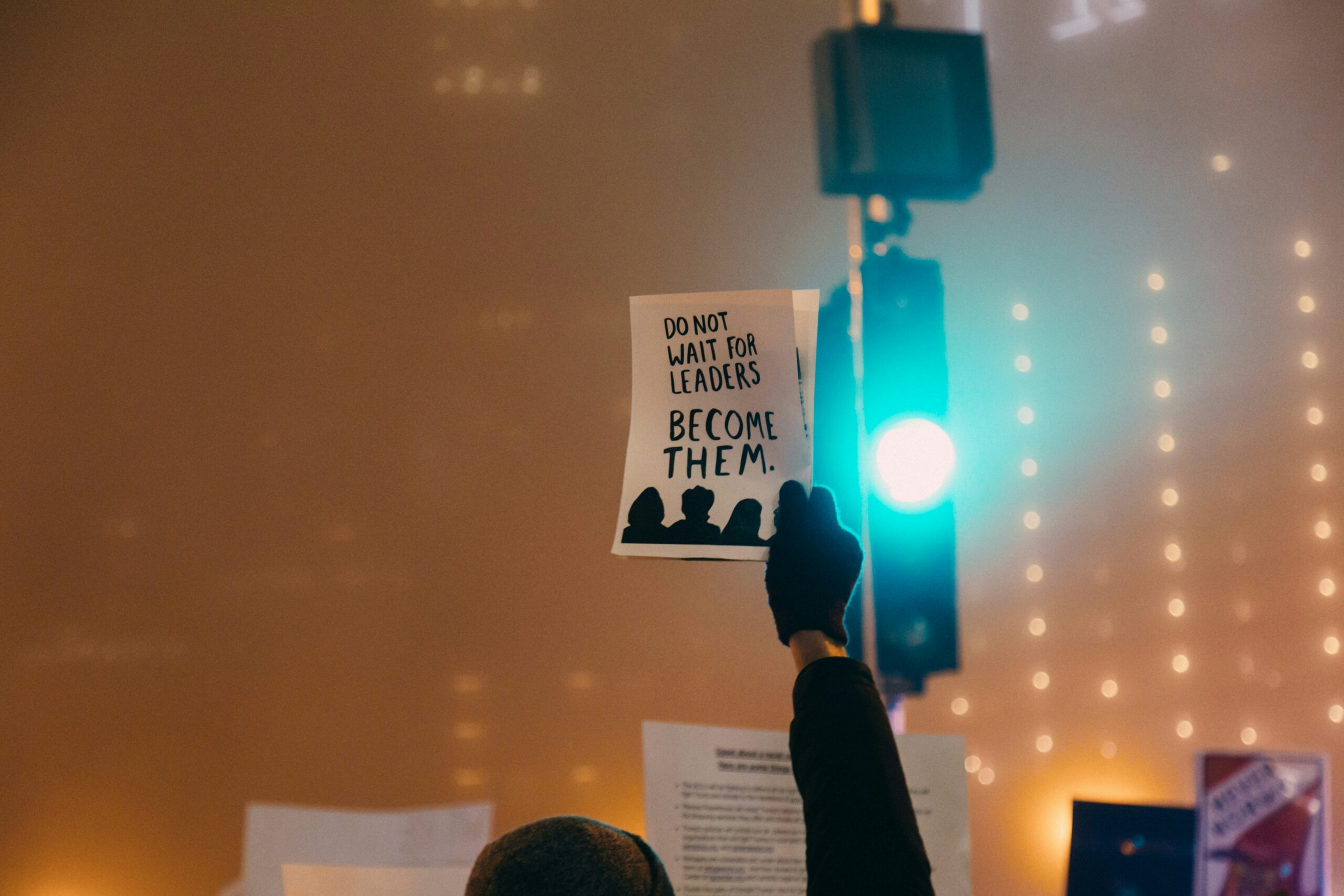John Morrison and Julia Olofsson are Co-Chairs of the World Economic Forum’s Global Future Council on Human Rights, 2020-2022
-
Boards are too often unaware of the negative social impact that the companies they oversee have on the most vulnerable in society.
-
Human rights challenges can come from internal or external sources, but boards have a responsibility to address and prevent them.
-
The Forum’s Global Future Council on Human Rights has launched its Guidance Notes for Boards, detailing how they can use their oversight role to uphold human rights.
The link between business and human rights is not new. The United Nations Guiding Principles on Business and Human Rights were adopted unanimously by governments over a decade ago — but the roots of the movement go much deeper still.
From Europe to Asia to Africa, now is a time of fracturing in global trade and escalating human rights crises. We are facing existential challenges that will have ramifications for generations to come. If there was ever a time for boards to take a strategic interest in how their companies impact the most vulnerable, it is now.
That is why the World Economic Forum’s Global Future Council on Human Rights is launching its guidance for company board members worldwide at this year’s Annual Meeting in Davos.
Boards Must Step Up for Human Rights
While boards usually have limited time together and must delegate most daily management issues to their executive teams, board members are the people with the ultimate responsibility for what their companies do — and what they do not.
From mining to social media, recent history is replete with high-profile examples of boards that were unaware of the true social impact of their business, or the risks of human rights abuses — including mass fatalities in some cases — occurring.
In other cases, the damage has been a lack of trust between the company and affected stakeholders in the community, undermining a company’s social license to operate moving forward.
Human rights challenges can come from within a company’s operations, its supply chain and other business relations, or indeed from outside the business — as the world is now witnessing in Ukraine.
Whatever the reason, it is critical that companies have the right mechanisms in place to ensure that affected stakeholders are at the centre of every analysis and decision, and that the voices of the most vulnerable are heard all the way up into the boardroom itself.
Guidance Note for Boards
The Guidance Note for Boards and the supporting report is the result of two years of work by the Council, as well as consultations with human rights defenders, board members and legislators worldwide.
If board members use their power responsibly, they can literally save lives in communities, protect the most vulnerable and end worker exploitation.
The Global Future Council’s research suggests that companies will have many of these mechanisms in place already. They range from stakeholder councils, collective bargaining arrangements and whistleblower protections to human rights due diligence reports and enterprise risk registers.
How Boards Can Uphold Human Rights
When exercising their oversight role, there are five critical questions any Board should ask itself:
-
Does the company know who its affected stakeholders are?
-
Does the company have the appropriate mechanisms in place to understand potential adverse human rights impacts on those stakeholders, and how to respond appropriately?
-
Is the Board sufficiently engaged in overseeing these mechanisms and ensuring their effectiveness?
-
Does the Board have the right skills, experience and knowledge to undertake these tasks?
-
Does the Board have the right monitoring and review mechanisms in place to undertake these tasks?
There are numerous mechanisms that the board must oversee as they respond to the findings of these questions — and they are highly variable.
The list varies across business sectors and the nature of the affected stakeholders themselves, but the following range covers all of those that a board may need to engage with:
• Board governance
• Stakeholder councils
• Collective bargaining arrangements
• Human Rights Defender policies and procedures
• Human rights due diligence reports
• Grievance mechanisms
• Whistle-blower mechanisms and protections
• Site visits
• Enterprise risk registers
• Community engagement procedures
• Consumer and customer feedback processes
• Diversity and equal opportunities systems
• Disclosure and reporting frameworks
Not all these mechanisms are explicitly designed for affected stakeholders, but, if affected stakeholders cannot access them effectively, then a board needs to ask whether they are truly fit for purpose.
In other words, affected stakeholders are the litmus test for whether such mechanisms are just box-ticking or truly effective ways of managing the social license of a company.
Company boards can — and should — use the Forum’s guidance note to examine how best to exercise their human rights oversight role, and ensure that the companies they oversee are acting responsibly for the most vulnerable in the world, wherever they operate.
The article was first published here.
Photo by Timon Studler on Unsplash.

 5.0
5.0 





















